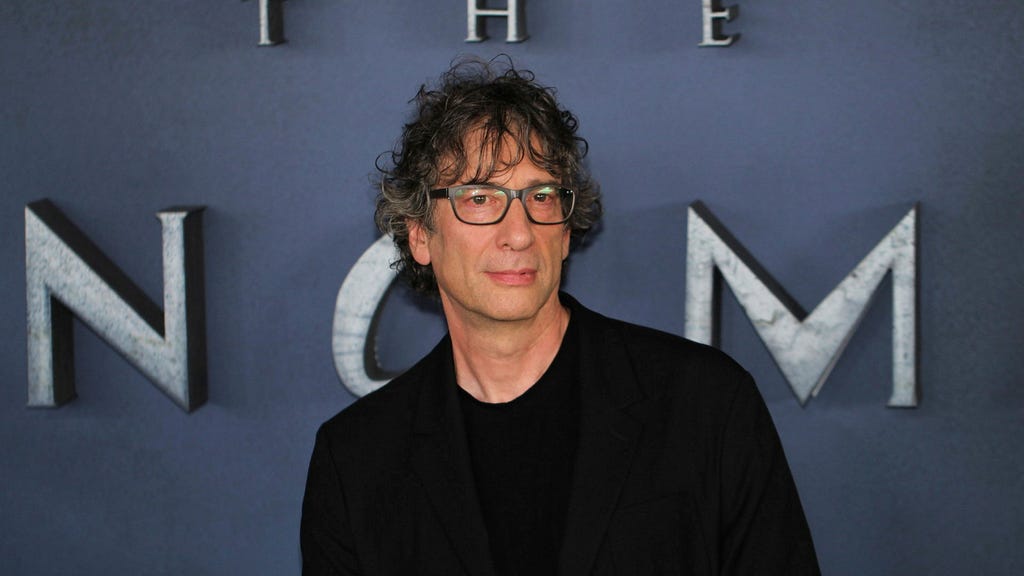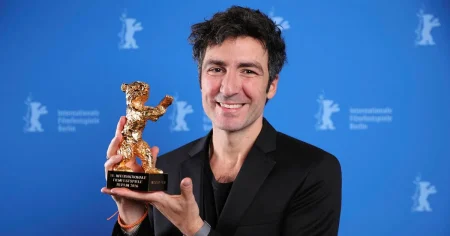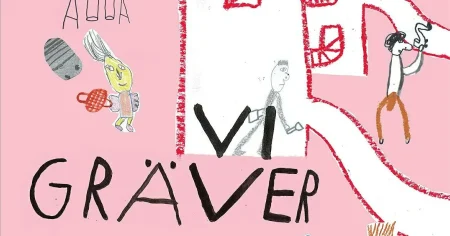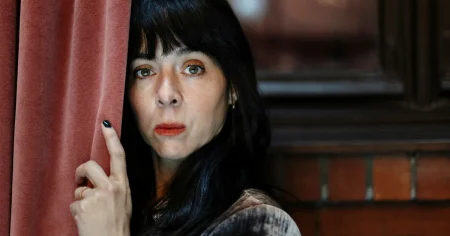The Controversy Surrounding Neil Gaiman: Allegations of Sexual Misconduct and His Response
Neil Gaiman, a celebrated author known for his works of fantasy, science fiction, and comics, has recently been embroiled in controversy following allegations of sexual misconduct. Eight women have come forward, sharing their accounts in interviews published by New York Magazine and Tortoise Media’s podcast "Master." These accusations paint a complex picture involving practices of BDSM and power dynamics, raising questions of consent and coercion.
The testimonies presented by these women range in their nature and severity. Some describe encounters they characterize as uncomfortable and manipulative, involving pressure to engage in sexual activities they did not fully consent to. Others detail experiences they perceived as exploitative, alleging that Gaiman used his position of power and influence within the creative community to coerce them into sexual acts. These accounts have ignited a heated debate, with some vehemently defending Gaiman while others express deep concern over the allegations.
In response to these accusations, Gaiman issued a statement on Tumblr expressing "horror and dismay" at the women’s stories. He acknowledges recognizing some aspects of the narratives but denies others, asserting that while he is "far from perfect," he has "never had non-consensual sex with anyone." His representatives have echoed this denial, emphasizing that all interactions were consensual. They further argue that BDSM practices, while potentially not universally appealing, are legal between consenting adults. This defense, however, has failed to quell the controversy, with critics arguing that consent is not a static condition and can be influenced by power dynamics and subtle forms of coercion.
The complexities surrounding consent are central to this controversy. While Gaiman’s representatives emphasize the legality of consensual BDSM, the accusers’ accounts suggest a potential blurring of lines between consent and coercion. They allege that Gaiman’s status and influence within the creative community created an environment where true, unpressured consent was difficult, if not impossible, to obtain. This raises critical questions about power imbalances and their potential to undermine genuine consent, even in contexts involving BDSM practices.
The allegations against Gaiman have sparked a broader discussion about power dynamics in the creative industries. The inherent hierarchical nature of these industries, often marked by established figures mentoring aspiring creators, can create opportunities for abuse. The Gaiman case serves as a stark reminder of the potential for those in positions of power to exploit their influence, highlighting the importance of creating safe and equitable environments within creative spaces.
This controversy also underscores the challenges of navigating accusations of misconduct in the #MeToo era. While some view Gaiman’s denial as a sincere assertion of innocence, others see it as a deflection of responsibility. The lack of clear physical evidence and the reliance on individual accounts make these cases particularly challenging to adjudicate. The Gaiman case highlights the inherent difficulties in assessing the veracity of such allegations, emphasizing the need for nuanced and sensitive approaches to addressing claims of sexual misconduct. It also raises questions about the impact of such allegations on public perception, even in the absence of formal legal proceedings. The ongoing discussion surrounding this case underscores the continuing evolution of societal understanding of consent, power dynamics, and accountability in the creative industries and beyond.














